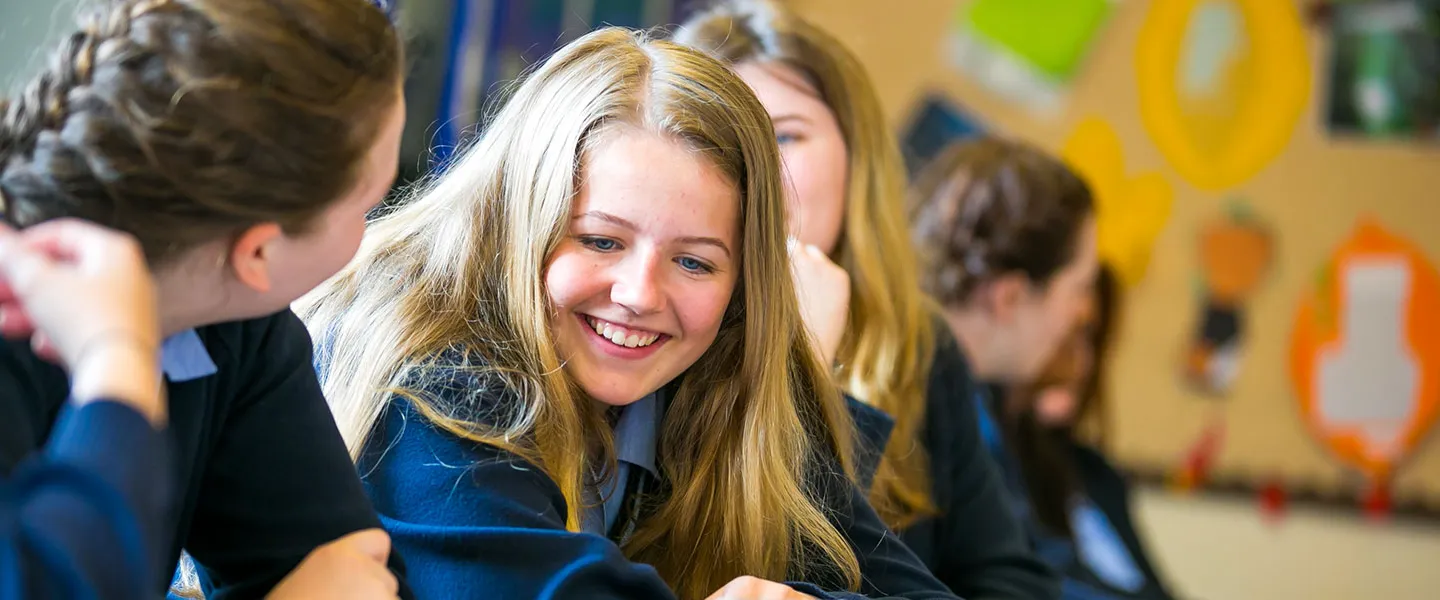Katy Yousaf – Deputy Head of Lower School
After many months of disruption to our usual way of living it is inevitable that our children will have had to face a range of disappointments and may have more to come. The cancellation of birthday parties, proms, holidays and even major exams will have taken away things they have looked forward to or worked hard towards, sometimes at short notice.
As adults, we are experiencing our own disappointments. Whereas we can see the impact of the pandemic in this country and therefore understand the need for restrictions, for our children this can be more challenging.
Responses to disappointment will vary by age and by personality. Some children have a more resilient nature and will brush off repeated drawbacks whilst remaining positive. Other children are naturally more sensitive and will feel every disappointment very deeply. Sometimes a child will surprise us by coping with something big such as the cancellation of a holiday but then become very distressed when a trip to the cinema or playdate is called off at short notice.
If you are looking for tips to help you to support your child to handle disappointment here is a range of strategies:
- Try not to minimise their feelings. The things that upset our children can seem minimal or irrelevant to us, however children often value things differently to adults. Even if you do not understand why your child feels so strongly it can be helpful to tell them that you can see that they are very disappointed and that it is ok to feel like that. Although your first thought might be that this issue is insignificant compared to the problems that many people are dealing with at the moment try not to say this to your child. When they are upset it is unlikely that logic like this will calm them.
- Work with them to move forwards. Explain to your child that it is natural to feel disappointment and that this may not completely go away. At the same time, encourage them not to fixate on this feeling. At school we talk about coping strategies for dealing with low mood and we think about the things that distract us and make us feel better. Encourage your child to do something that will help them to feel more positive such as go outdoors, listen to music, draw, craft …
- Share your own experiences and coping strategies. It can be helpful for a disappointed child to hear about times when you have felt the same. This shows them that they are not alone. As well as this, explaining what you do when disappointment affects you is a good way of modelling coping strategies.
- Give your child a sense of control / responsibility. Many children may feel as though they have lost a lot of the independence that they have during a day in school. As parents we can feel a responsibility for organising our children, however at the moment it may help them to be given more control over their remote learning. For infants this may just be an expectation that they look after their own stationery and home learning books. For older children ask them to take responsibility for their timetable and submission of work. By putting the emphasis for logging into zoom lessons and completing and submitting work on to them, you are not only providing them with a distraction, you are also developing their independence. If you are concerned your child would struggle to take more control of their school day please ask their teacher(s) for support as we can work with you to encourage punctuality and chase missed work.
- Do not try to fix everything. As parents it can be tempting to want to protect our children from experiencing any negativity including disappointment. Although we would not wish the current circumstances on anyone, if we support our children to face disappointment now and come through the other side stronger it will help them to develop the resilience they will need as adults when faced with difficulties. Rather than trying to make up for every missed opportunity by replacing it with something better in future this is a chance to show them that things will not always go their way but that is ok.
As a Mum, I know that dealing with a disappointed child whilst handling my own stresses and challenges can be frustrating and difficult. I try to bear in mind that the world has changed significantly during their short lives and it is natural that they may fear that things will not return to normal and they feel frustrated and angry at this prospect. As adults they will look back at this period and reflect on how well they have handled the challenges they have faced and hopefully use these skills to overcome future hurdles and disappointments.

Katy Yousaf
Deputy Head of Lower School
